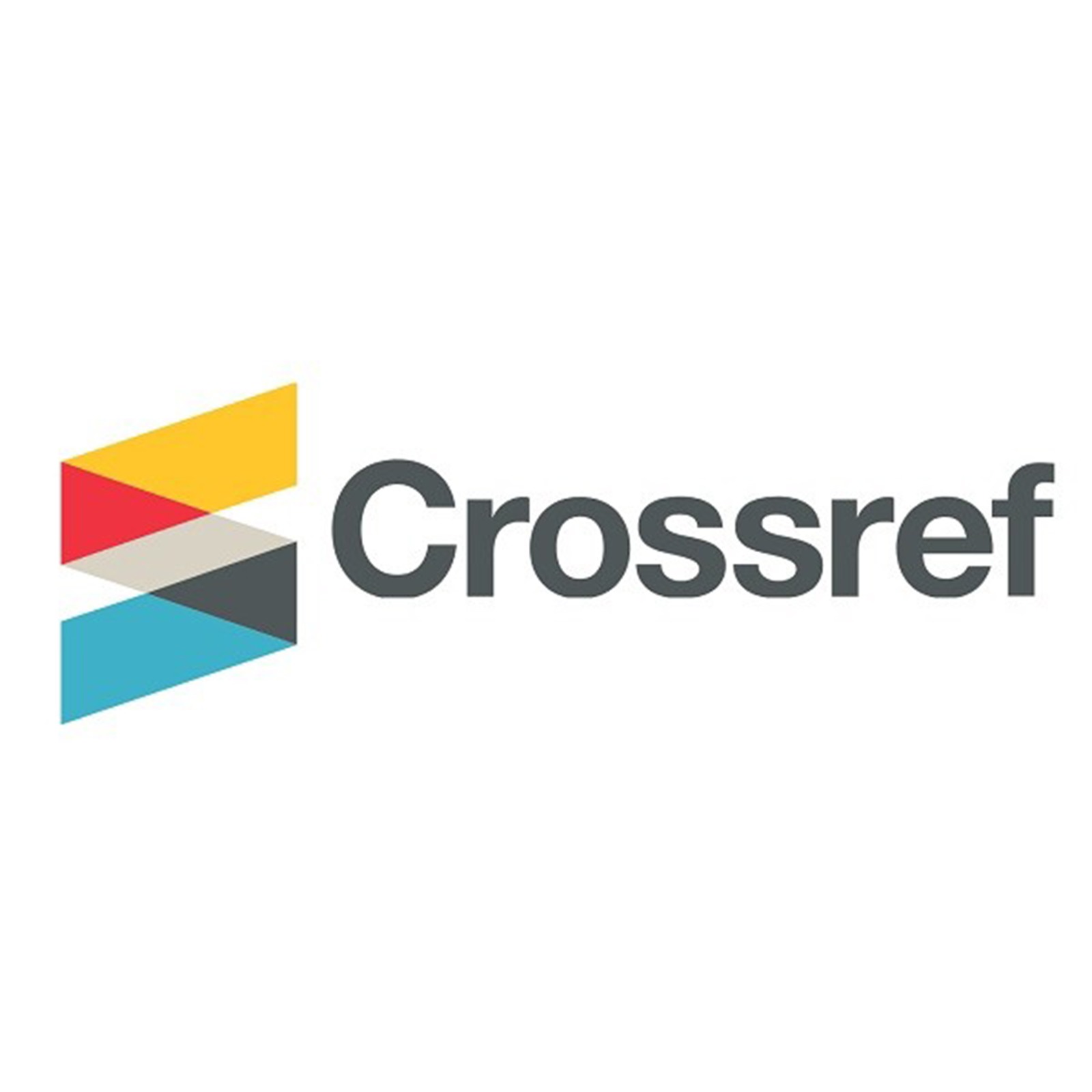Konseling Kelompok Teknik Assertiveness Training Untuk Mereduksi Perilaku People Pleaser Siswa
DOI:
https://doi.org/10.32585/advice.v7i1.6419Abstract
The purpose of this study was to determine the effectiveness of group counseling services with assertiveness training techniques in reducing people pleaser behavior in class XI D3 students of SMA Negeri Colomadu. People pleasers are individuals who tend to prioritize the needs of others above themselves, find it difficult to refuse requests, are afraid of being shunned, and often ignore personal happiness in order to gain acceptance and approval from others. The research method used was an experiment with a one group pretest-posttest design. The subjects of this study were 8 class XI D3 students selected by purposive sampling. The instrument used in this study was a questionnaire that measured the level of people pleaser behavior of students before and after being given group guidance with assertiveness training techniques. The data obtained were analyzed using the Wilcoxon test, the sig. value was 0.012 <0.05, so H0 was rejected and Ha was accepted. The results showed that there was a significant decrease in people pleaser behavior of students after participating in group counseling with assertiveness training techniques.
Keyword: Group counseling, Assertiveness training techniques, People pleaser
Downloads
Downloads
Published
Issue
Section
License
Copyright (c) 2025 Anik Sholekah, Ahmad Jawandi, Eko adi Putro

This work is licensed under a Creative Commons Attribution-ShareAlike 4.0 International License.
Authors who publish with the Advice: Jurnal Bimbingan dan Konseling. agree to the following terms:
- Authors retain copyright and grant the journal the right of first publication with the work simultaneously licensed under a Creative Commons Attribution License (CC BY-SA 4.0) that allows others to share the work with an acknowledgment of the work's authorship and initial publication in this journal.
- Authors are able to enter into separate, additional contractual arrangements for the non-exclusive distribution of the journal's published version of the work (e.g., post it to an institutional repository or publish it in a book), with an acknowledgment of its initial publication in this journal.
- Authors are permitted and encouraged to post their work online (e.g., in institutional repositories or on their website) prior to and during the submission process, as it can lead to productive exchanges, as well as earlier and greater citation of published work.







